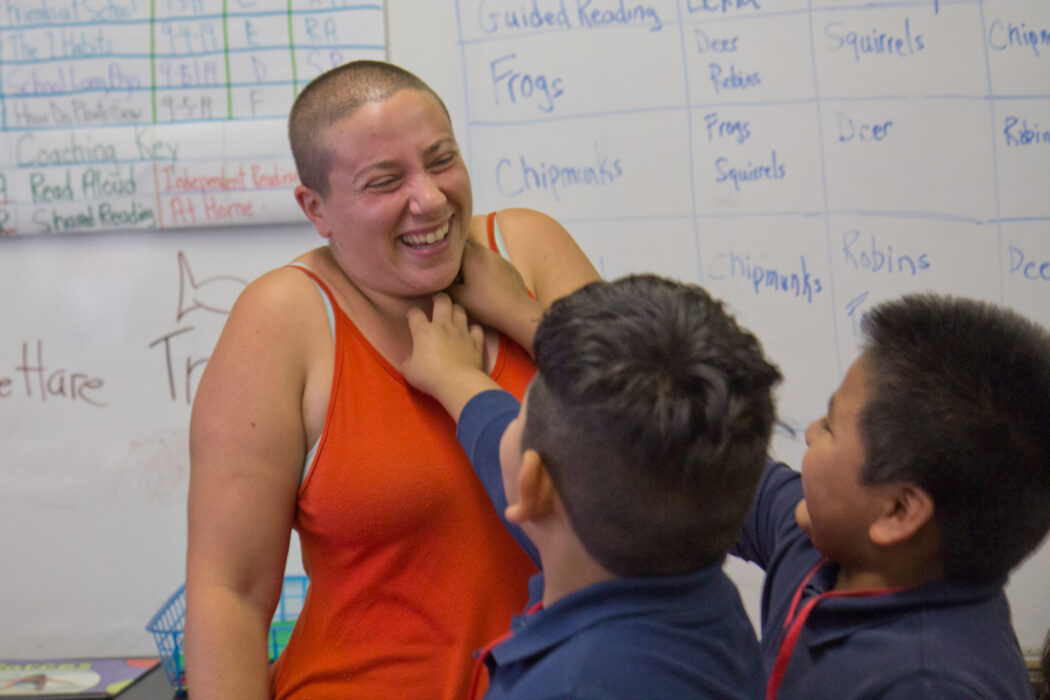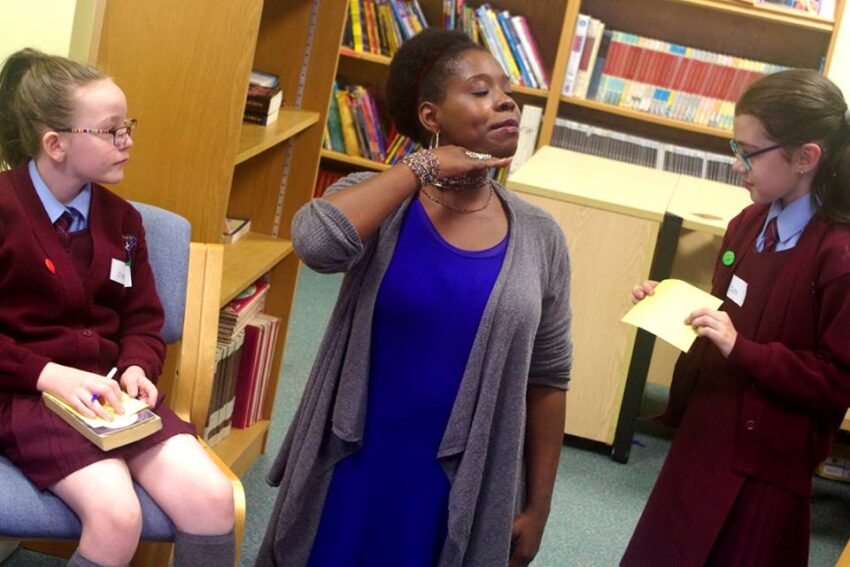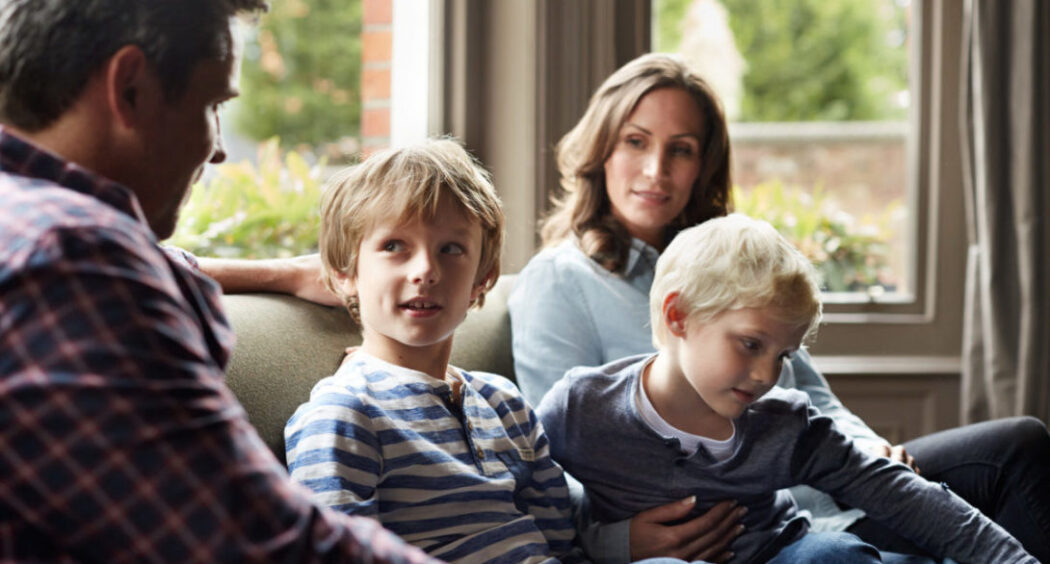Studies are suggesting that teaching your children bodily autonomy and consent at an early age is crucial for their confidence and ability to set boundaries into adulthood.
Teaching your child how to navigate the complexities of the outside world is one of the most daunting challenges presented to parents and teaching them healthy boundaries is one of the most crucial lessons to pass on.
Teaching children boundaries for themselves and others is a social and emotional skill that will keep them safe with strangers and their friends. Empowering your children with the tools to assert their autonomy over their bodies and emotions will keep them safe from anyone who might want to exploit their vulnerability.
Often, adults can take advantage of a child’s inexperience and inability to advocate for themselves. In worst-case scenarios, this can lead to belittling, lower self-confidence, and physical and sexual abuse.

All parents understand the basics of boundaries setting. For example, no hitting, no interrupting, no grabbing things from other children without asking and the importance of please and thank you.
Child Mind Psychology says that these things are the basic principles of boundary setting that can be applied to everything. This is because they exist for two reasons; to understand and respect the needs of others and to understand and respect their own needs as individuals.
While the benefits of boundary setting are beneficial for countless reasons, new movements in parenting are beginning to use these principles to teach bodily autonomy.

Why boundaries matter
Christmas, Easter or a family reunion rolls around, and suddenly your child is faced with a crowd of well-meaning relatives they may not see very often who are dying to smother their niece or great-nephew with hugs or kisses. While the temptation to make people happy is present, you might cave and say, ‘Give uncle so-and-so a hug!’ there are several reasons this may be detrimental.
In situations like these, children may feel like their bodies don’t belong to them but rather to the adults in the room and that adults can make decisions about what they should do with their bodies regardless of how they feel.
It is also instilled in children to ignore their intuition and feelings to please others. And while it might feel like we are just trying to teach them social skills and empathy, these things will develop over time, especially once they have a strong sense of self.

Children need to be empowered to foster a sense of trust in their instincts, not taught to ignore them. Educating them to listen to how they feel during these situations will keep them safe in childhood and adulthood.
While it is highly unsettling to consider, 90% of child abuse victims are abused by someone they know, like a family member or a friend. This is why teaching bodily autonomy to children with people they know and are close to is crucial.
Openness and Honesty
Emotional honesty and communication are crucial elements of consent and autonomy. As well as fostering honesty around touch, it is essential to have clarity about ‘secrets.’
In addition to teaching about ok touch and not ok touch, talk about ok secrets and not ok secrets. Ok secrets are birthday surprises, Christmas presents or planning a surprise dinner for Mother’s Day.
Not ok secrets are family members or friends who might use language like ‘this is our special game that’s just our secret,’ or ‘don’t tell anyone about our game or you will get in trouble.’
Make it explicitly clear what ok and not ok secrets are and assure them that there is absolutely no secret they would ever get in trouble for disclosing. Let them know that it is always ok to tell a trusted adult if someone asks them to keep a secret like this. Also, let them know that you will believe them if they share this with you.
Let them know that it is ok to tell another adult even if it is someone they love and trust.

Trusted Adults
Help your child establish a list of trusted adults that they can speak to, including people who are not family members. This might be a schoolteacher, kindergarten teacher, friend’s parent, or school counsellor. Often, children do not disclose abuse to parents and may feel more comfortable with one of these trusted adults, to begin with.
Teaching children about boundaries, consent, and bodily autonomy not only keeps them safe and secure within themselves but is a crucial aspect of emotional intelligence they will carry into adulthood. And lastly, it is never too late to start implementing these lessons.



